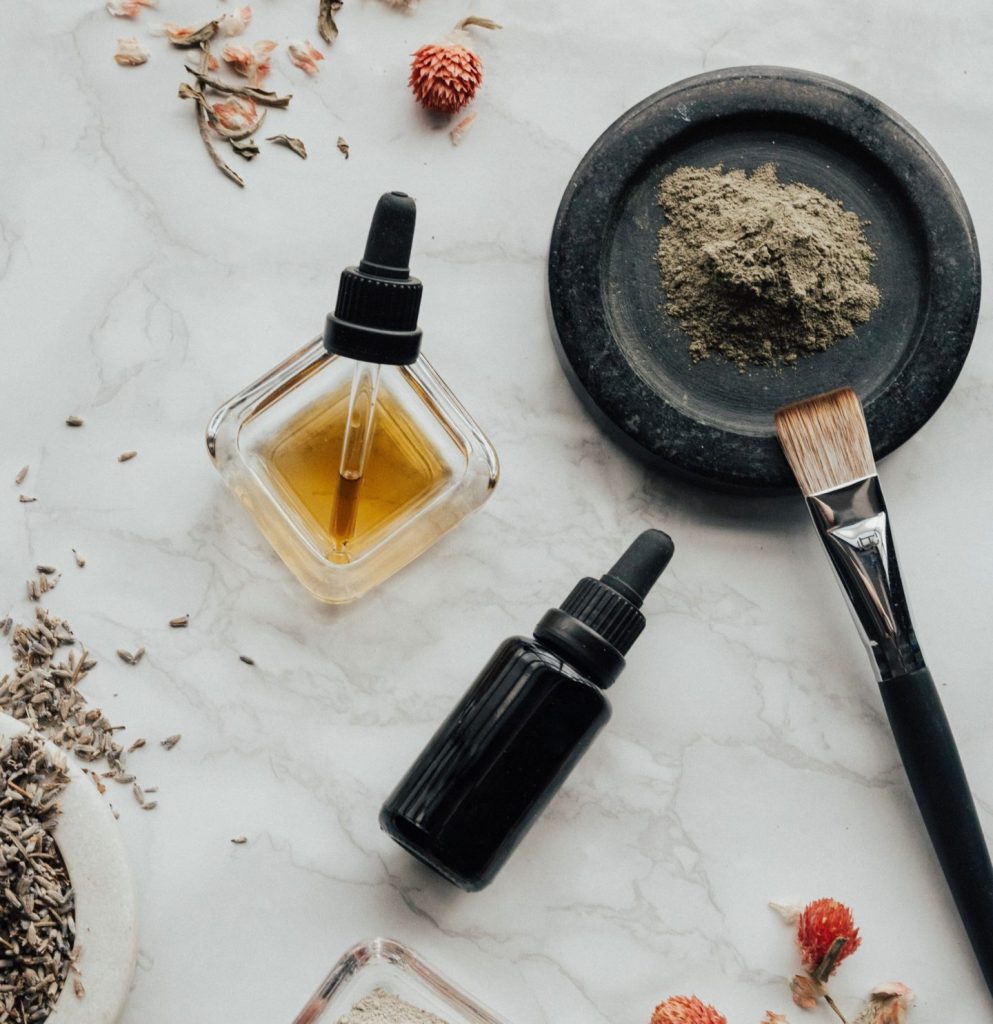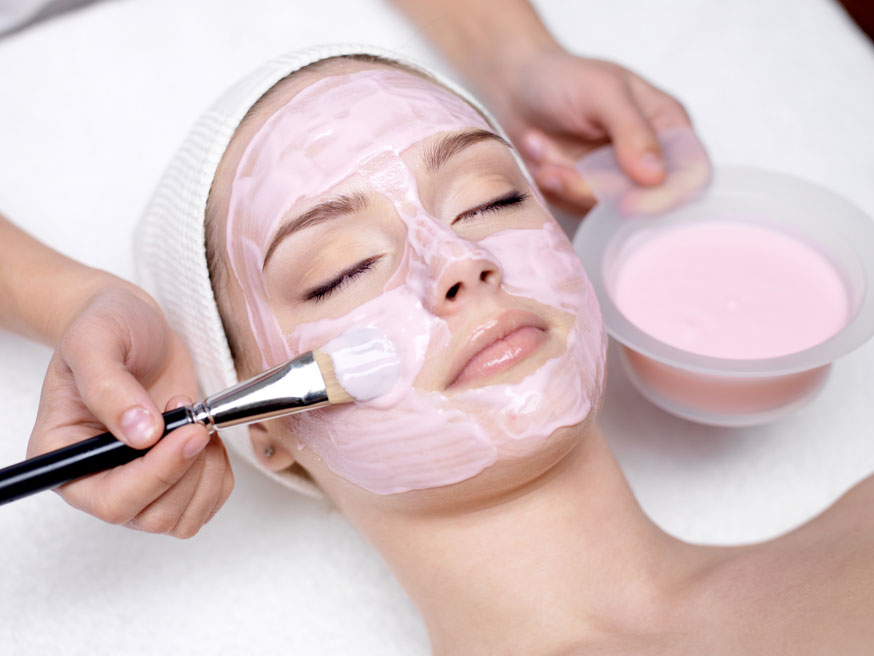Having tough skin is often associated with resilience and the ability to withstand challenges. In the context of skincare, having tough skin can be beneficial for women in several ways. While sensitivity and vulnerability are not negative traits, developing resilience in your skin can enhance its overall health and appearance. Firstly, tough skin is more resistant to external factors that can damage the skin. Daily exposure to environmental pollutants, harsh weather conditions and UV radiation can take a toll on the skin’s health. However, tough skin is less likely to be easily affected by these external stressors, providing a natural barrier of protection. It can help minimize the risk of skin issues such as redness, irritation and inflammation that can arise from sensitivity.

In addition to external factors, tough skin is also less prone to developing fine lines and wrinkles. The elasticity of the skin plays a crucial role in maintaining a youthful appearance. While aging is a natural process, maintaining the firmness and elasticity of the skin can slow down the visible signs of aging. Tough skin tends to have a thicker dermis, which contains collagen and elastin fibers that provide structural support. This thickness can help resist the breakdown of these fibers and prevent premature sagging and wrinkling. Moreover, tough skin is generally more resilient against acne and blemishes. Acne often occurs due to excess sebum production, clogged pores and bacterial growth. However, the tougher texture of the skin can make it more difficult for sebum and bacteria to penetrate the pores, reducing the likelihood of acne formation. It can also help minimize scarring and hyperpigmentation that may result from acne breakouts.
While having tough skin has its benefits, it is important to note that it does not imply neglecting skincare. Regular skincare routines and practices, such as cleansing, moisturizing and protecting the skin from the sun, should still be followed. Maintaining a healthy lifestyle with a balanced diet, regular exercise and sufficient hydration will contribute to overall skin health. It is worth mentioning that everyone’s skin is unique and what works for one person may not work for another. Some individuals naturally have more sensitive skin and that is perfectly fine. Skincare should be tailored to individual needs and preferences. In conclusion, having tough skin can be advantageous for women in terms of resilience against external factors, delaying the signs of aging and reducing the likelihood of acne. However, it is important to find a balance between maintaining the skin’s toughness and caring for its overall health. Embracing your skin’s natural strength while following appropriate skincare practices will help you achieve a healthy and radiant complexion.
